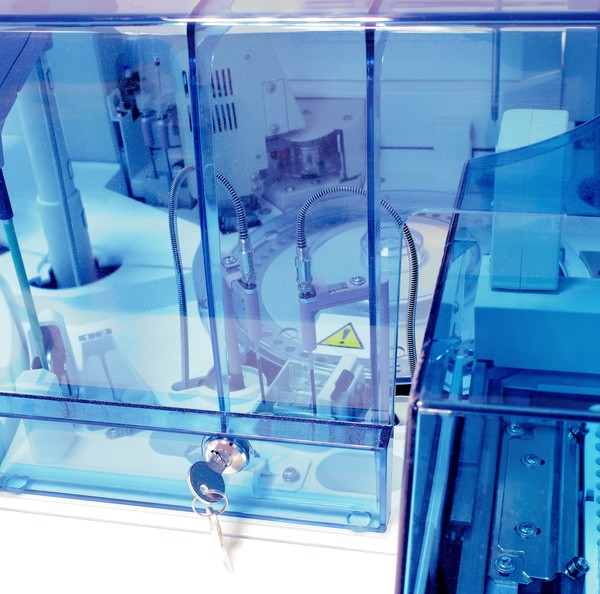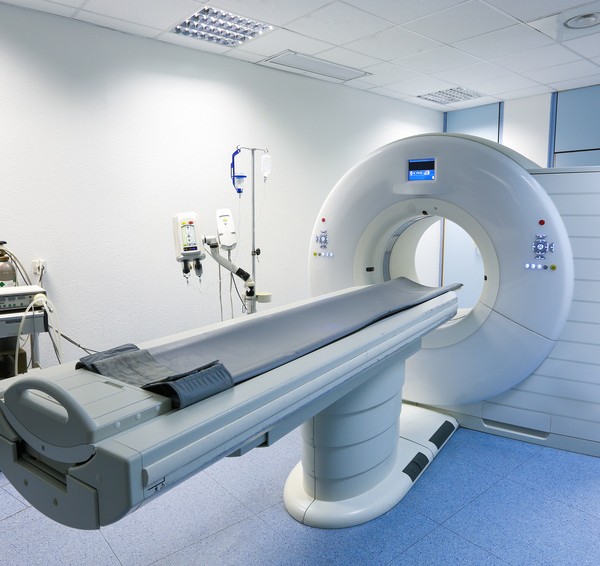Why Paper Diaries Should be Banned in Clinical Trials
Paper diaries for recording responses from patients are becoming a thing of the past. As technology moves forward, it opens up new ways for us to work easier than ever before. Not only are electronic patient reported outcome (or ePRO) devices handy, but their simplicity makes patients much more willing to complete their diaries on time.
The Problems with Paper
Using paper diaries complicates the process and wastes time that could be devoted to helping the patients. Anyone who’s handled paper reports should immediately be able to list the many problems with the system. For starters, the handwriting may be hard to figure out and make all of the data you gathered unusable. Using an electronic system will eliminate problems with handwriting.
On paper, it’s much more difficult to manage the timeline of entries. Data may end up out-of-place and need to be reorganized, which only slows everything down.
Paper can be confusing to the patient as well. In some cases, a patient may answer the same question multiple times; in other cases, they skip entries and don’t give enough information. With ePRO systems you can get clear, concise answers the first time, as well as all necessary information.
Dealing with paper is also very slow. Each paper diary has to be reviewed manually by personnel. If a patient isn’t keeping up with their diaries, it may be weeks before any action is taken.
The Benefits of Electronics
Patients are more likely to complete ePRO diaries on time than paper ones. Many patients have an easier time filling out the electronic form than the paper one, as the ePRO system will ask questions only relevant to them. With paper, they may have extra forms that end up not being relevant and only confuse the patient.
The ePRO devices can also be filled out in any position; if a patient is having trouble sitting up to write, then they can still lay down and fill out the electronic diary.
Electronic systems are faster than paper ones, as the patient can report how they feel instantly. Since the patient believes that their responses will be reviewed faster, they are more likely to file on time.



